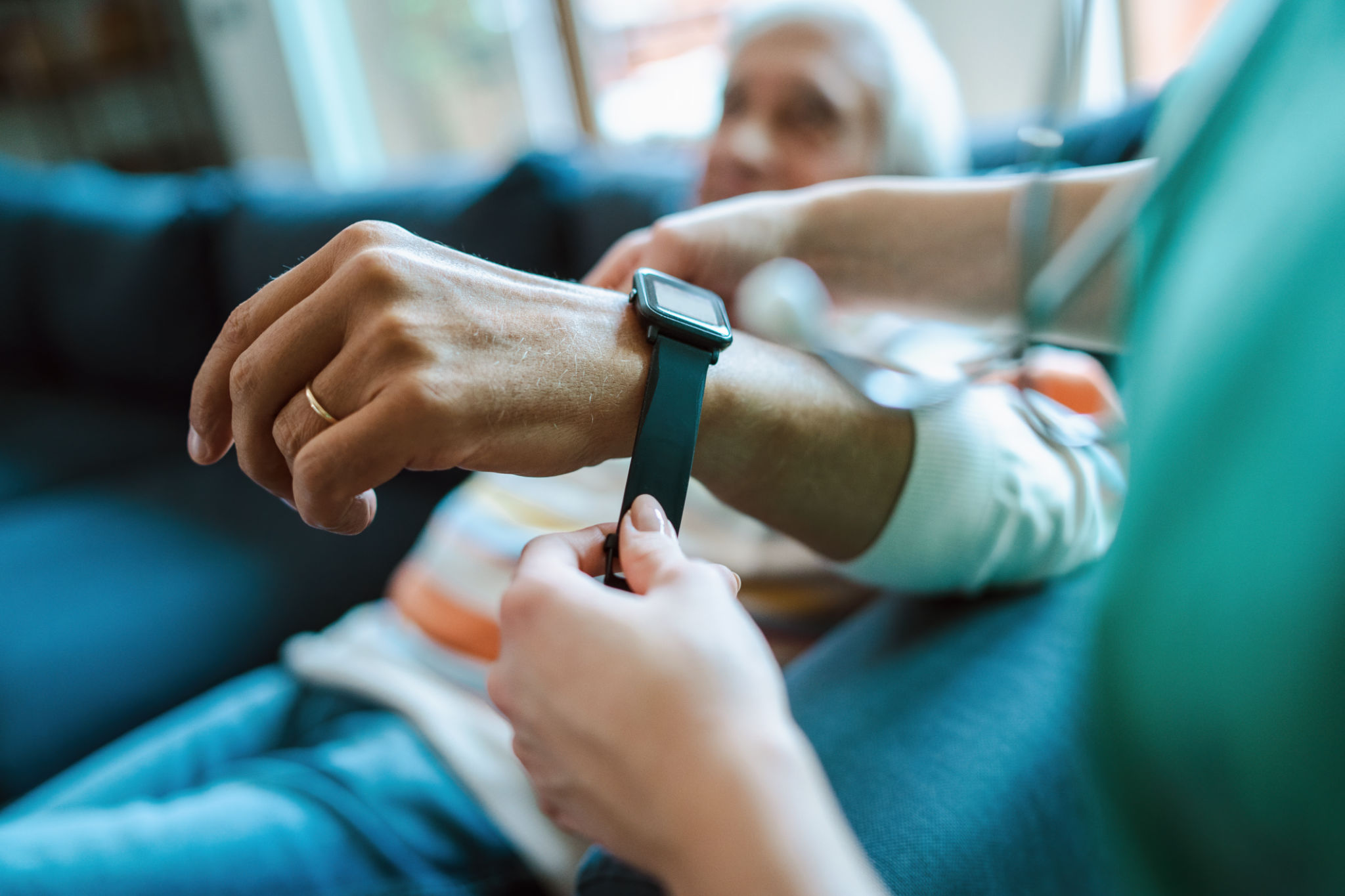Expert Insights: Predicting the Next Big Trends in Healthcare Technology
Revolutionizing Healthcare: An Overview
The healthcare industry is on the brink of a technological revolution. With rapid advancements, industry experts are predicting several trends that could transform the way we approach healthcare. From telemedicine to artificial intelligence, these innovations promise to enhance patient care, streamline operations, and improve outcomes.
One of the most significant shifts is the growing reliance on digital health platforms. These platforms are not only making healthcare more accessible but also more personalized. As technology continues to evolve, we can expect even greater integration of digital solutions in everyday healthcare practices.

The Rise of Telemedicine
Telemedicine has emerged as a cornerstone in modern healthcare, offering patients the convenience of remote consultations. This trend gained momentum during the COVID-19 pandemic and has since become an integral part of healthcare systems worldwide. Telemedicine provides numerous benefits, including reduced travel time for patients, lower healthcare costs, and increased access to specialists.
Experts predict that telemedicine will continue to expand, driven by advancements in communication technologies and regulatory support. The integration of virtual reality and augmented reality in telemedicine is also anticipated, which could revolutionize patient consultations and medical training.
Artificial Intelligence in Healthcare
Artificial intelligence (AI) is making waves in the healthcare sector, offering unprecedented opportunities for data analysis and decision-making. AI algorithms can analyze vast amounts of data quickly, providing insights that were previously unimaginable. This capability is being harnessed for various applications, including disease diagnosis, treatment planning, and patient monitoring.

Furthermore, AI-driven tools are enhancing precision medicine by tailoring treatments to individual patients based on genetic information and lifestyle factors. As AI technology matures, it is expected to further reduce human error in diagnostics and improve overall patient outcomes.
Wearable Technology and Health Monitoring
Wearable devices have become increasingly popular among consumers, offering real-time health monitoring and data collection. These gadgets provide insights into heart rate, physical activity, sleep patterns, and more, empowering individuals to take charge of their health. The data collected by wearables is also invaluable to healthcare providers for monitoring patient health remotely.
With ongoing advancements in sensor technology and data analytics, the accuracy and reliability of wearable devices are expected to improve significantly. This will lead to more proactive healthcare interventions and personalized treatment plans.

Blockchain for Secure Healthcare Data
As digital healthcare solutions proliferate, the need for secure data management becomes paramount. Blockchain technology offers a robust solution for safeguarding sensitive health information. By creating a decentralized ledger, blockchain ensures that patient data is both secure and easily accessible to authorized parties.
This technology has the potential to revolutionize how healthcare providers handle data sharing and storage. It can enhance transparency, reduce fraud, and improve patient trust in digital health platforms.
Conclusion: Preparing for the Future
The future of healthcare technology holds immense promise for both providers and patients. By embracing these emerging trends, the healthcare industry can improve service delivery and patient outcomes significantly. As we continue to innovate, it's essential for stakeholders to collaborate in shaping a future where technology and healthcare work hand-in-hand for the betterment of society.